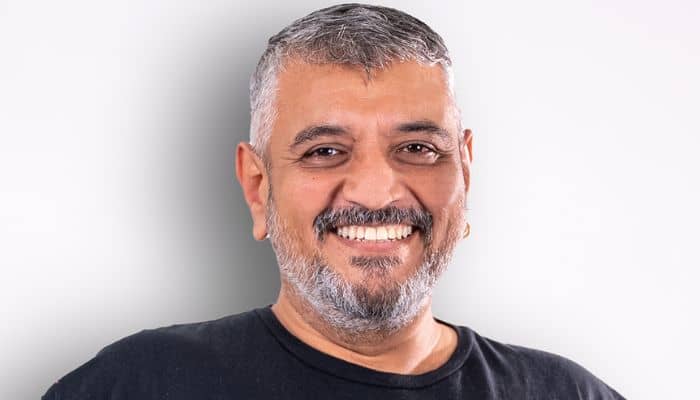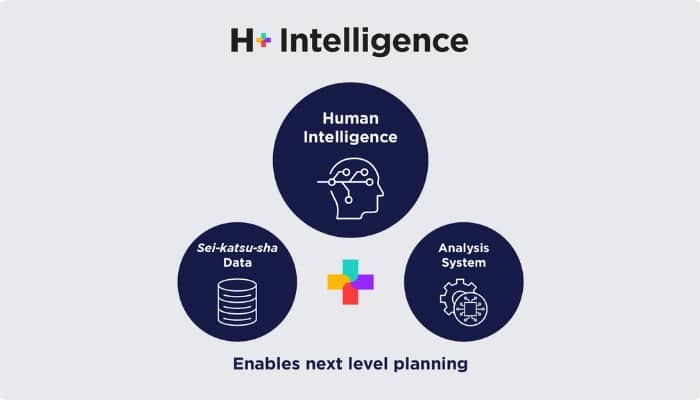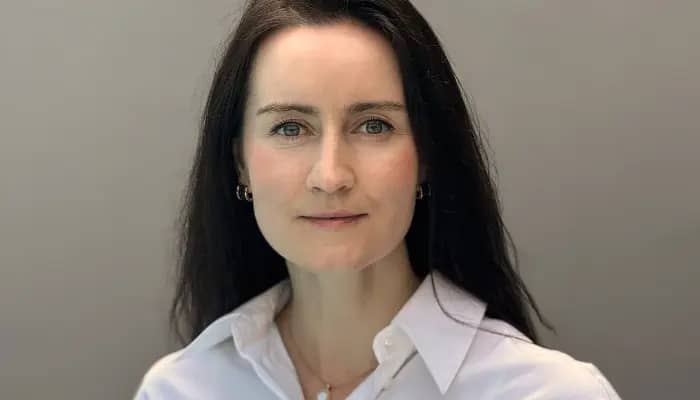Singapore – Multinational tire manufacturer Goodyear Tire and Rubber Company has announced an expansion to Natalja Voronova’s role at the company, making her the new regional marketing director for ASEANZ, adding ANZ to her scope.
In an exclusive conversation with MARKETECH APAC, Voronova stated that her new role consolidated ASEAN and Australia/New Zealand (ANZ) into 1 cluster with a total scope of 8 markets, which is strategically important and well-positioned to capitalise on the broader growth opportunities for Goodyear in Asia.
“Australia is a very exciting addition, being one of the biggest markets in ASIA with developed carpark and strong Goodyear brand equity. It presents great opportunity for us to promote cross-country collaboration, best practice sharing and stronger marketing synergies within the cluster. I’ll be working closely with regional and ANZ country leaders to reinforce demand generation programs, identify new business growth opportunities and build stronger marketing capabilities within this extended scope,” she explained.
Key milestones and points for regional growth
Voronova first joined Goodyear as the regional marketing director for ASEAN and Korea in March this year, where she also highlighted significant progress against marketing growth strategy for this year.
“As a first step, key strategic priorities have been identified and aligned across the region. We have sharpened Goodyear brand positioning in ASEAN with stronger product offering and communication that has been successfully vetted with consumers and retailers. Big focus has also been on execution excellence,” she said.
She also added that their team has developed marketing guidelines with clear KPIs alongside content toolkits for local marketing organisations to drive measurement mentality and enable consistent high-quality execution.
“Consumer centricity and strong collaboration with our business partners has been a key enabler for business growth,” she said.
When asked about her key objectives in her expanded role, she said, “Our focus will remain on driving key strategic product lines with end-to-end executional excellence, starting from product availability, visibility in point of sale, communication with a clear and superior proposition and driving consumer conversion. We will be working closely with our retail partners to ensure they have the right support in terms of product training, educational materials and after-sales service.”
Blending sustainability and customer-centricity
When asked about one of the prime marketing trends the manufacturing scene is at the forefront of, Voronova shares how sustainability will continue to impact the way they market their products.
“At Goodyear, we define sustainability as responsibly balancing environmental, societal, and financial demands without compromising the ability of future generations to meet their needs. It is an integral part of our business strategy, including multiple initiatives such as the launch of EcoReady tyres – made with sustainable materials, reduction of tire weight and rolling resistance which offers the double benefit for the environment as well as consumers with longer tyre lifespan,” she said.
She also noted the continued rise of electric vehicles in the region, where she said, “Whilst in ASEANZ this segment is still relatively small, it presents big growth opportunity. Goodyear was one of the first tire companies to recognise the structural differences between electric and regular ICE vehicles and their interaction with a road, introducing ElectricDrive product innovation, tailored specifically to electric vehicles. We are very excited about the future opportunities that electric vehicles will bring.”
Moreover, she also stated that consumer centricity with data-driven marketing initiatives will play a key role in accelerating business growth.
“Once we have identified full consumer journey with its touchpoints and needs, now we have an opportunity to provide a truly customised communication and service for each consumer with a help of AI – and do it in a cost and time-effective manner. I’m personally very excited about the opportunities that AI brings to drive business efficiencies, but also how it can help us to unleash creativity,” she said.
“Generative AI has already reached maturity when it comes to static images and is fast evolving in the video space. In Goodyear, where we obsess about our consumers and retailers, we’ll leverage new technologies to serve them even better at every touchpoint,” she concluded.










